OPEN ASSEMBLY
Experiments in Aesthetics and Politics

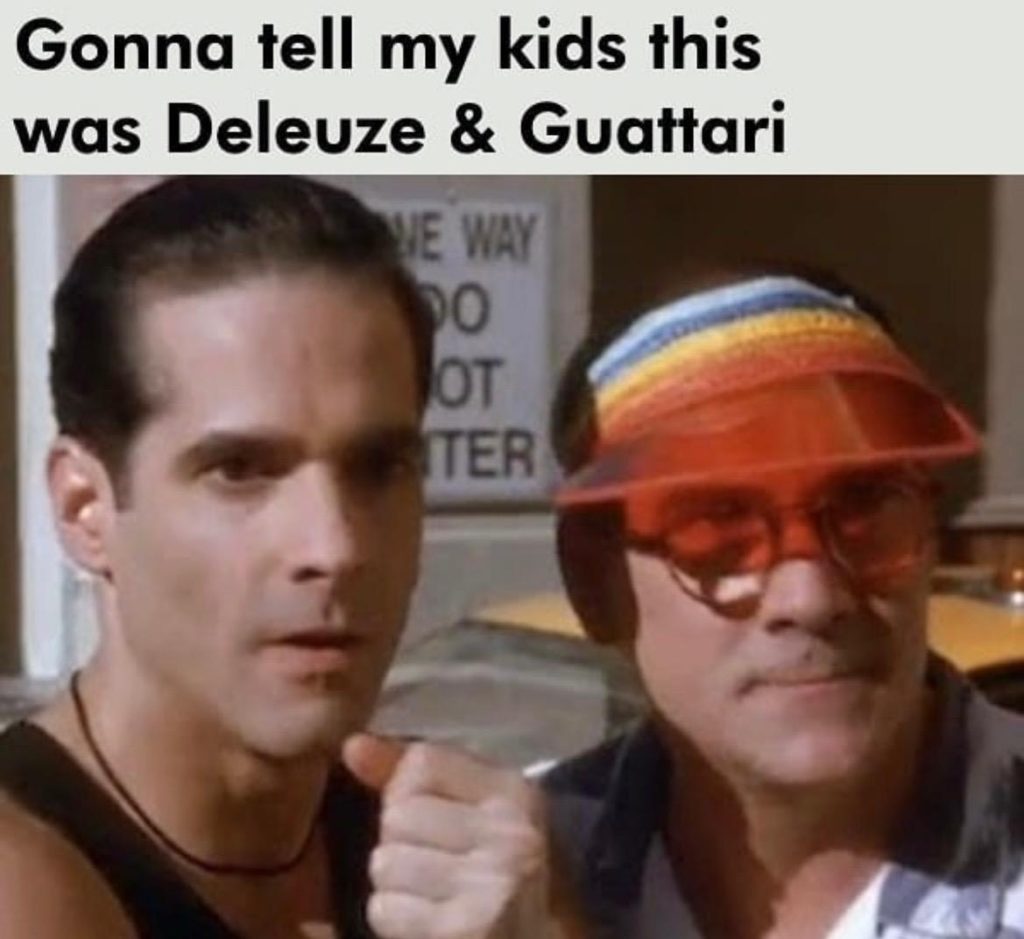

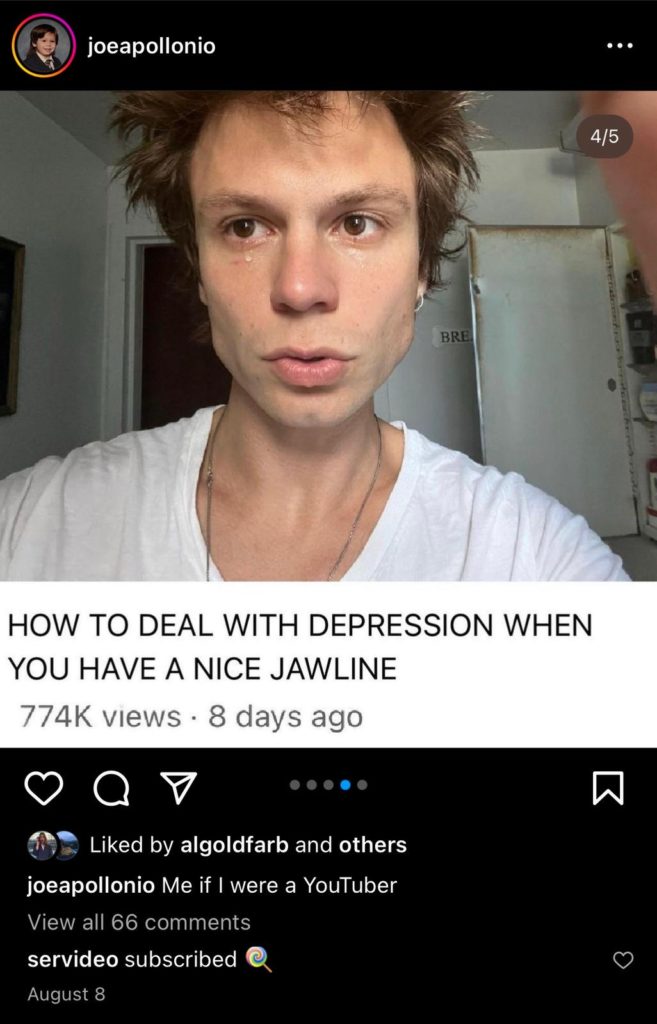
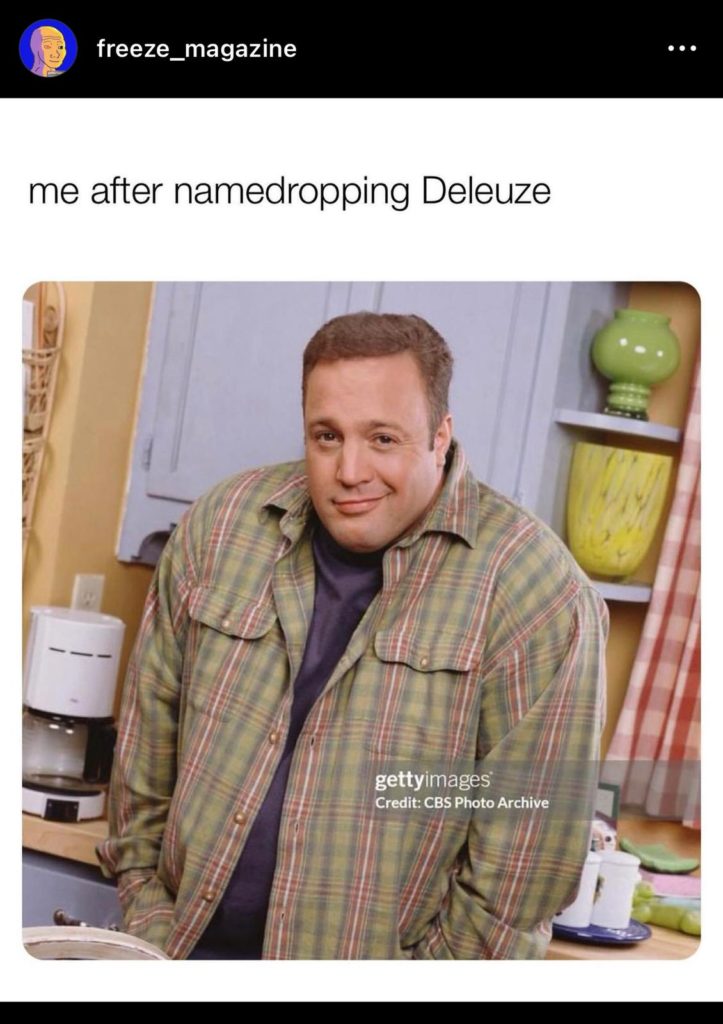


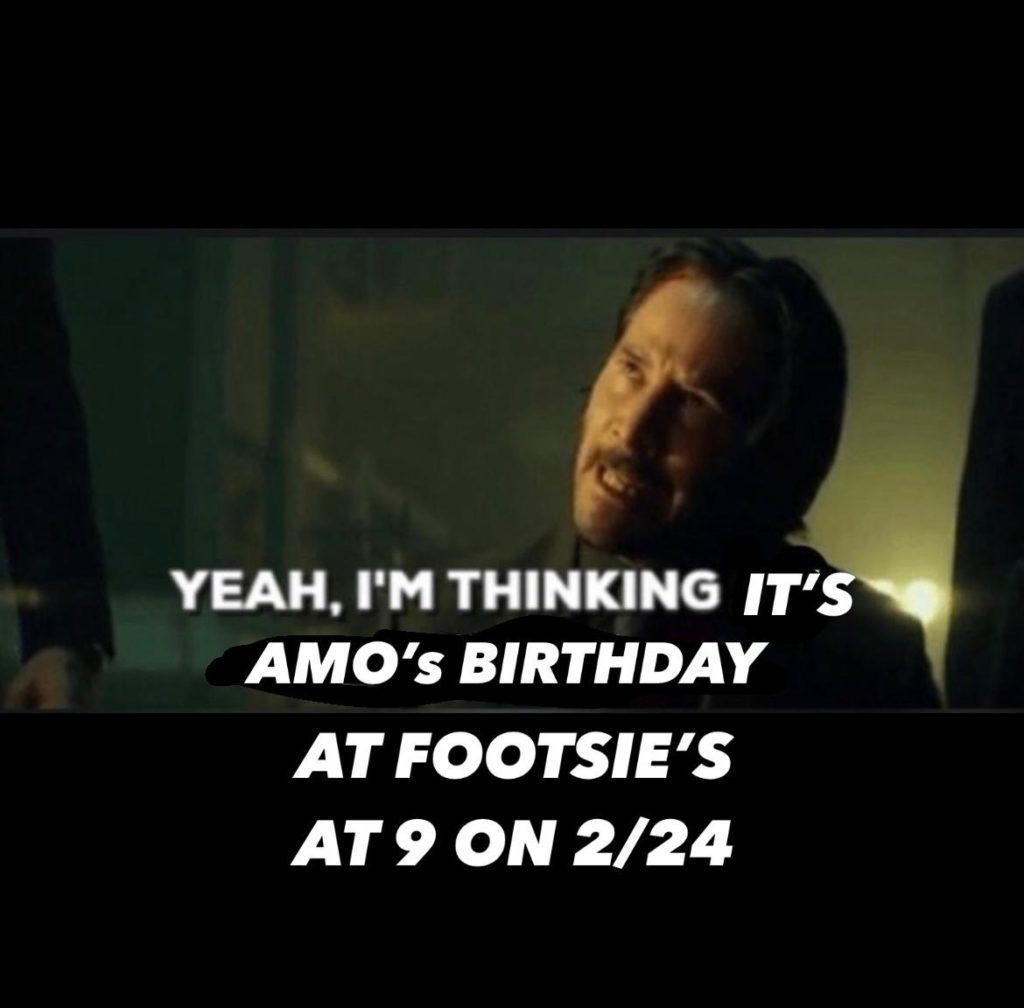
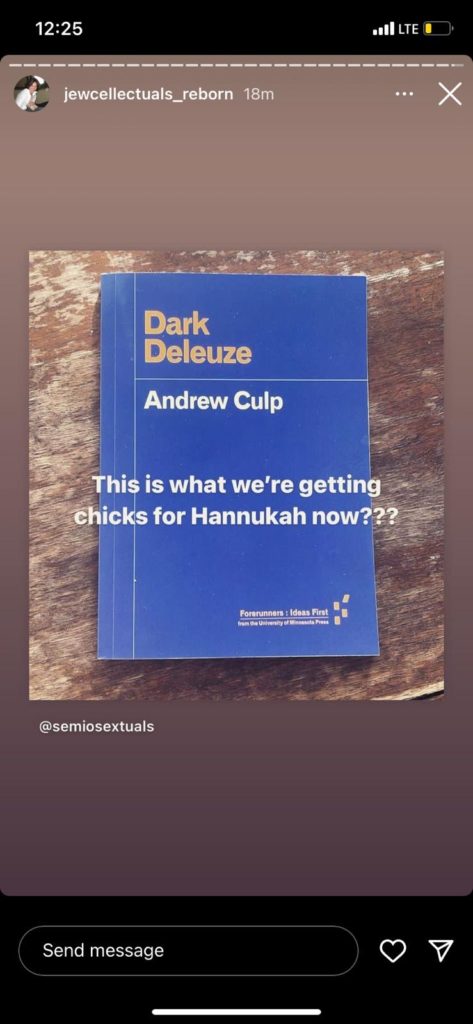
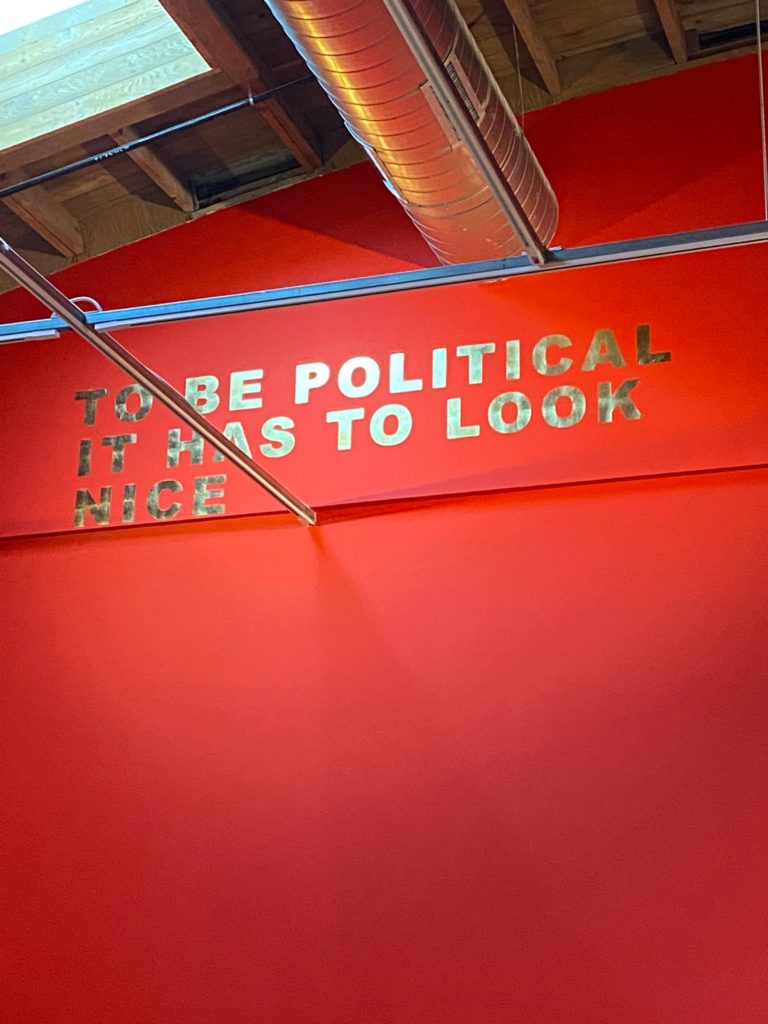
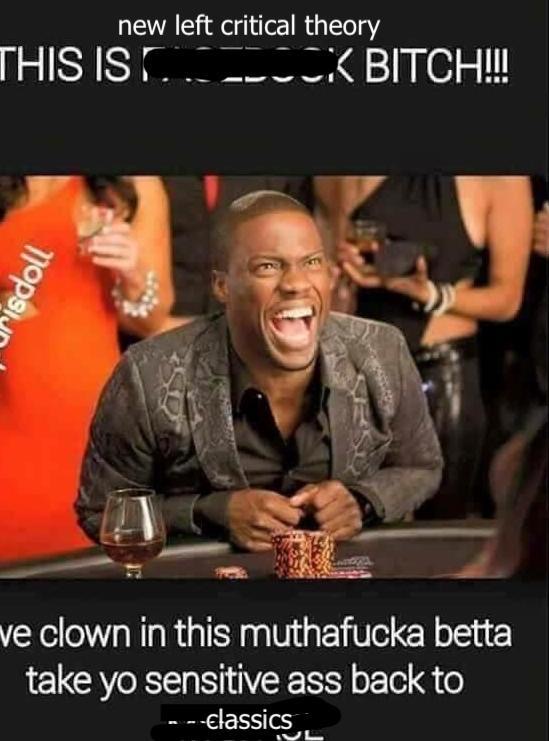
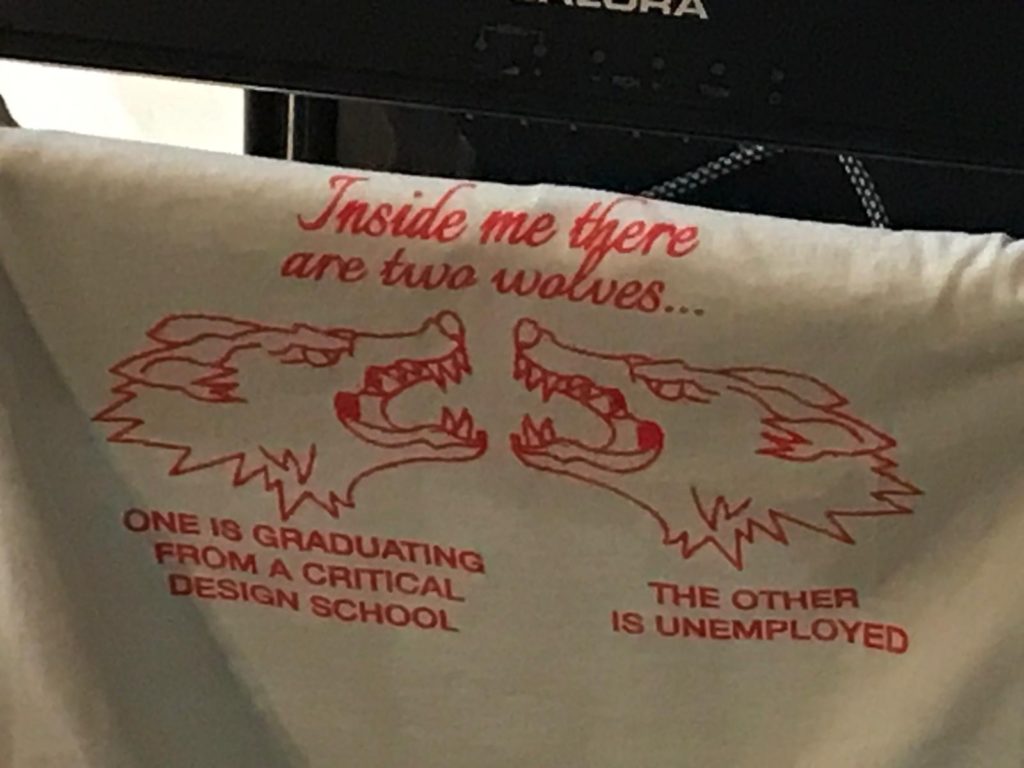
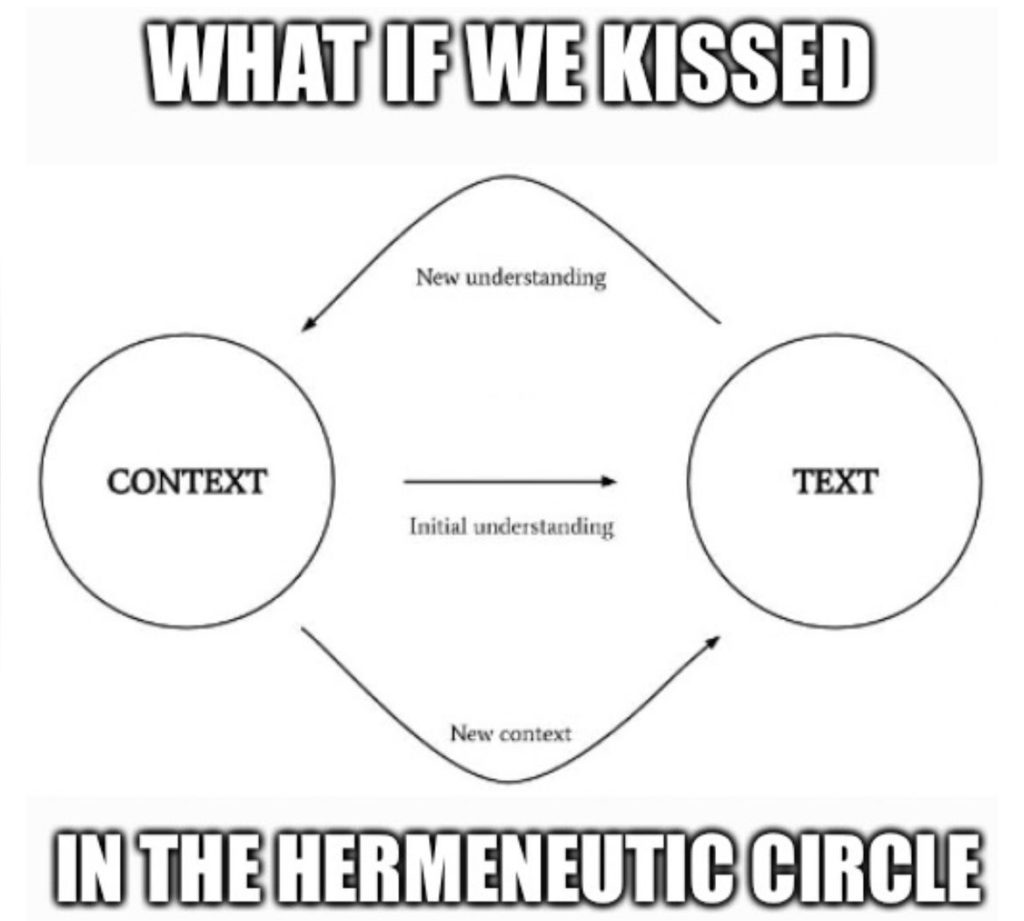

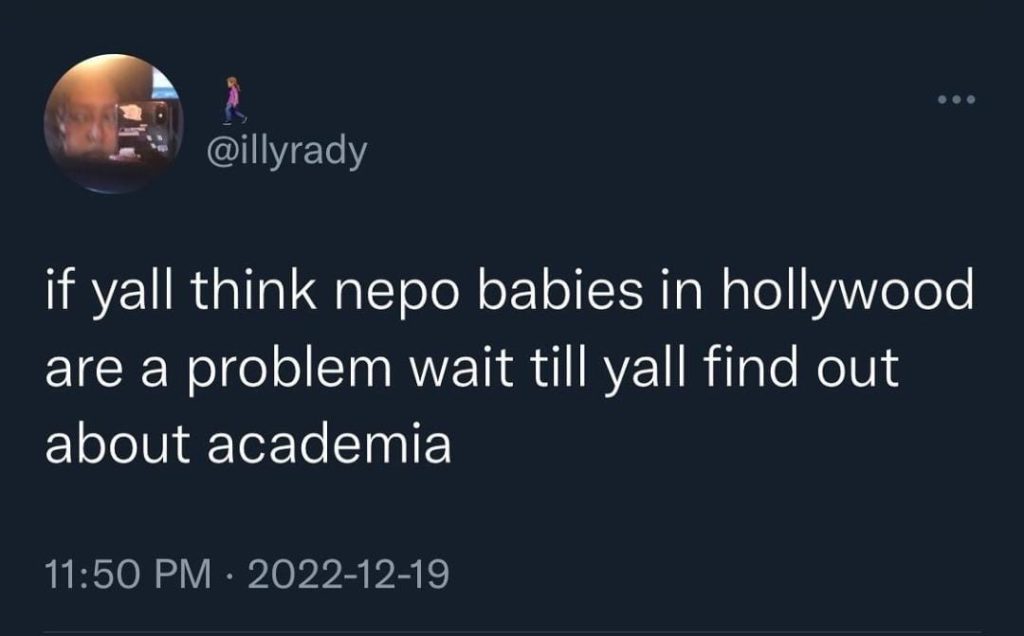
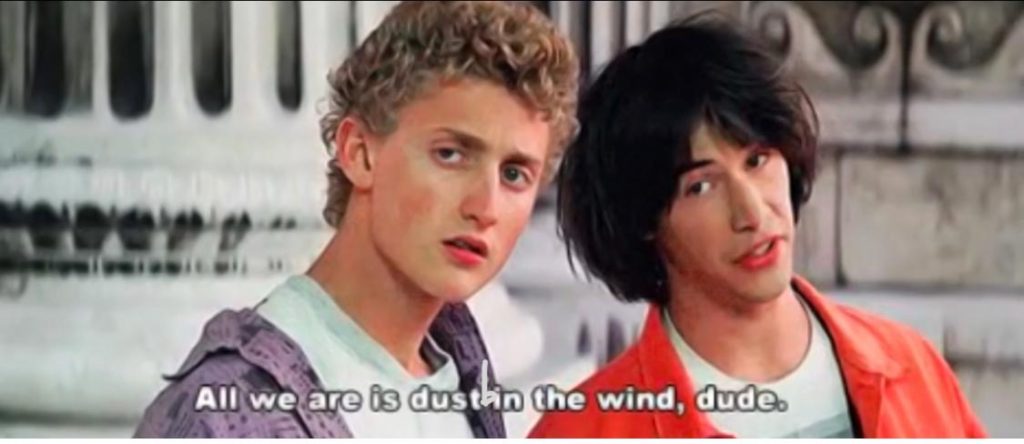


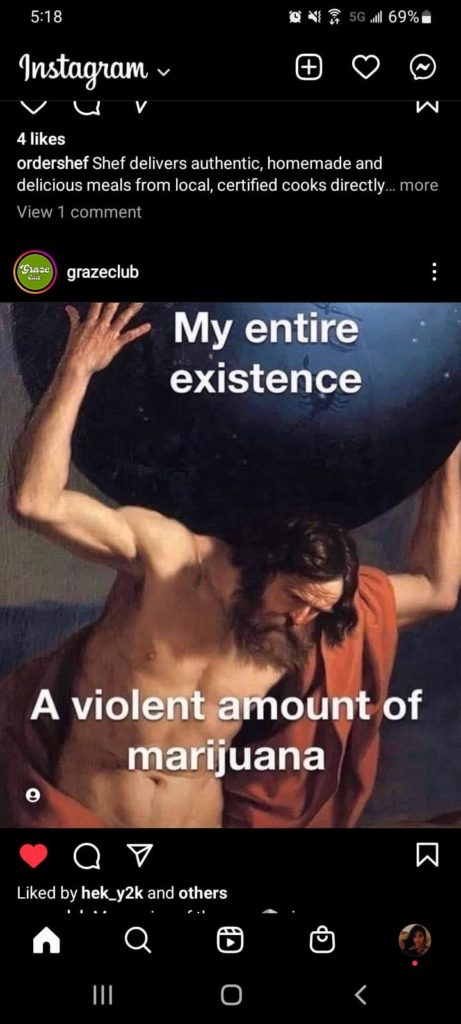
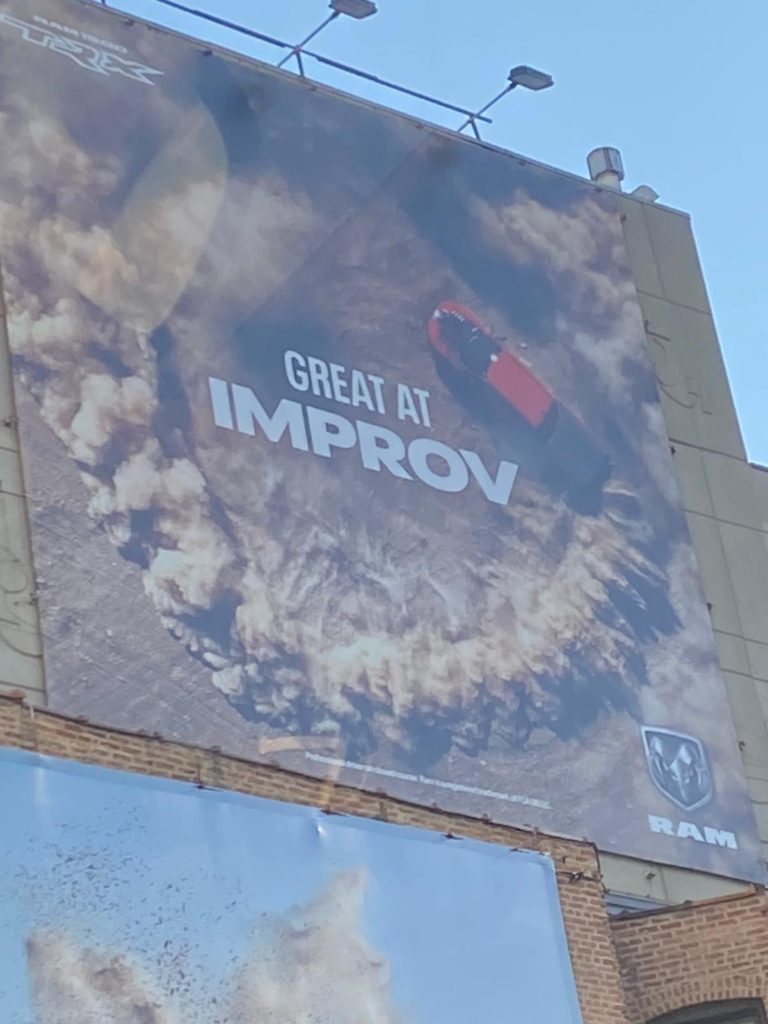
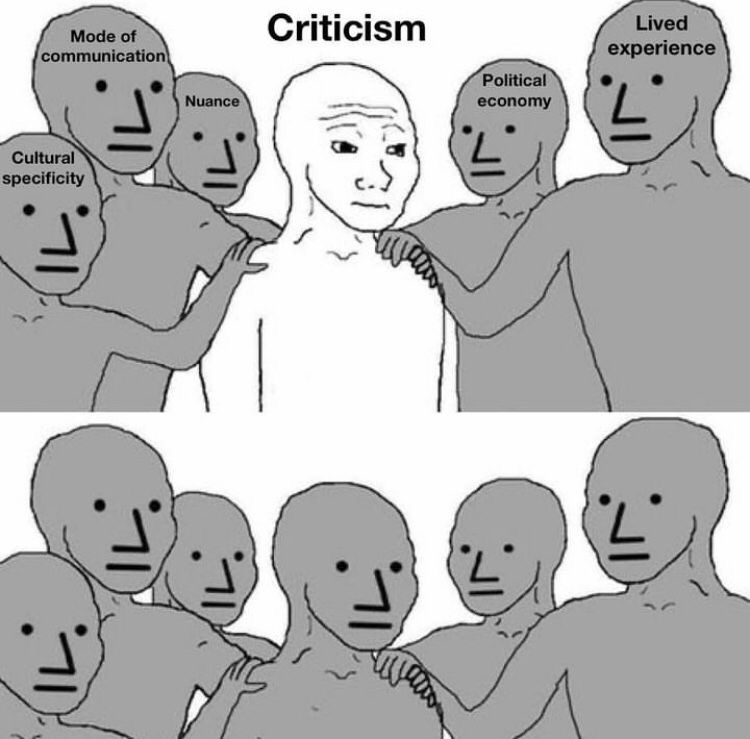
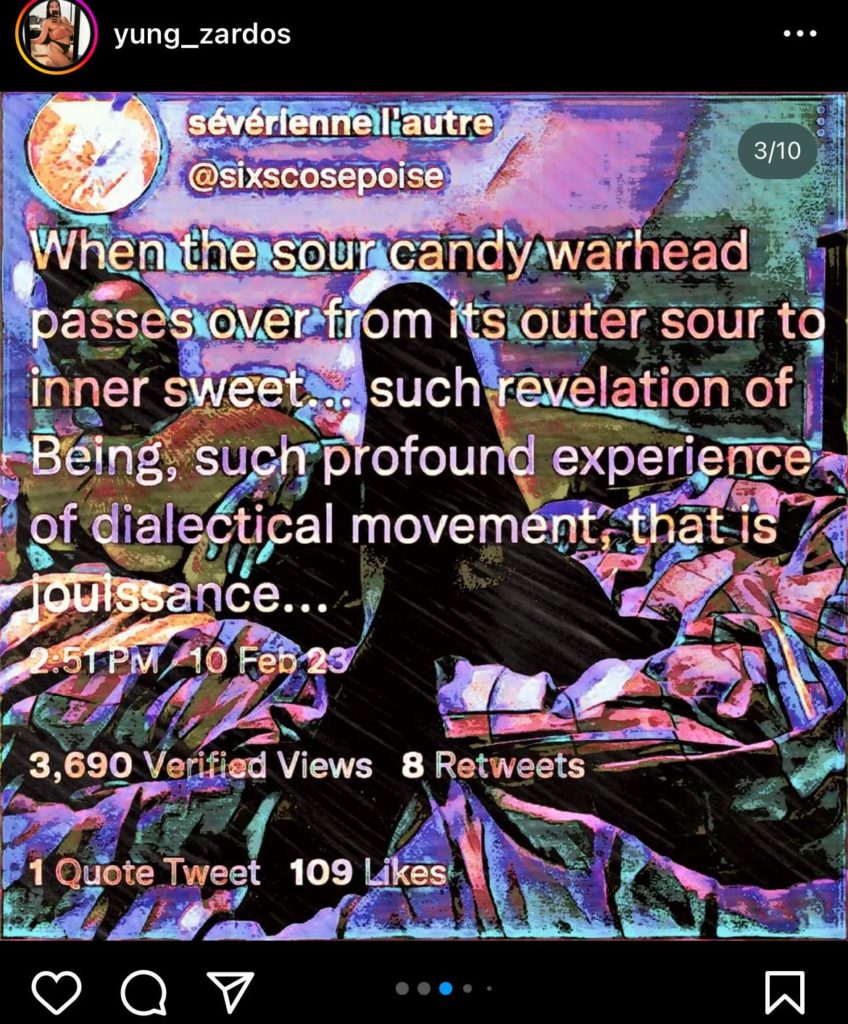
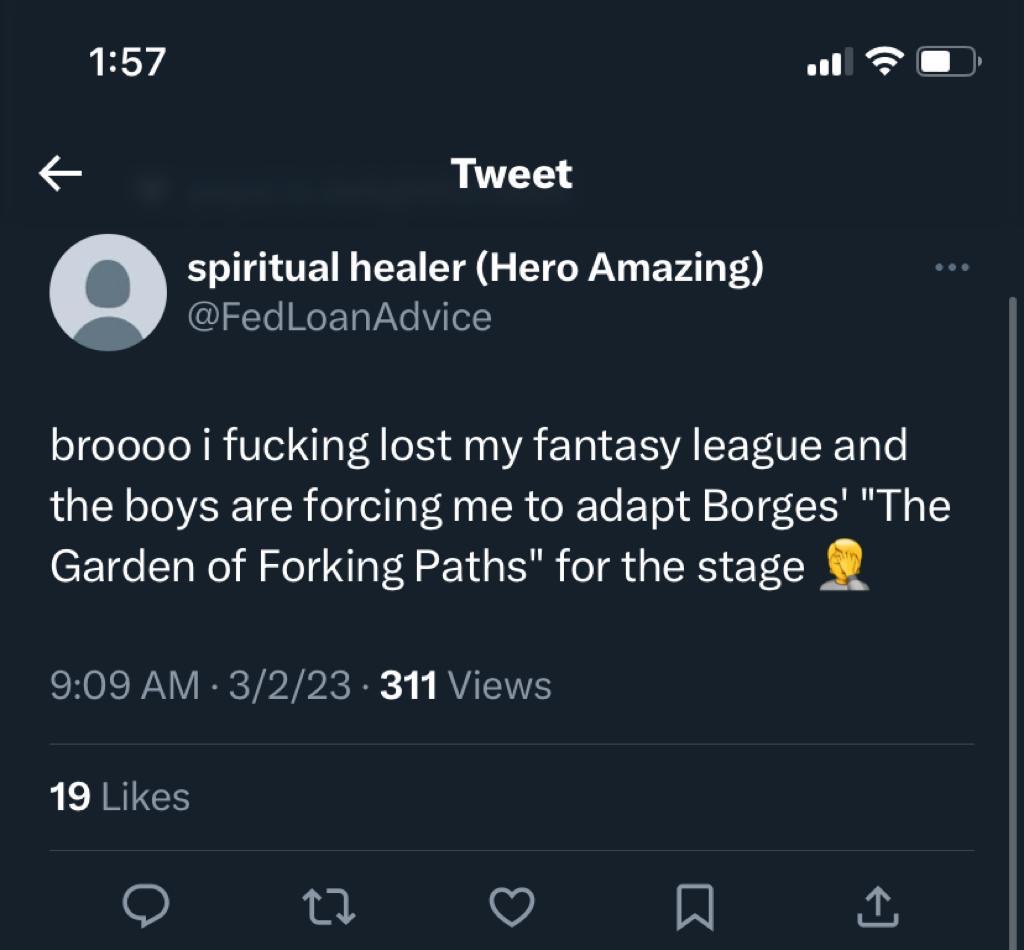
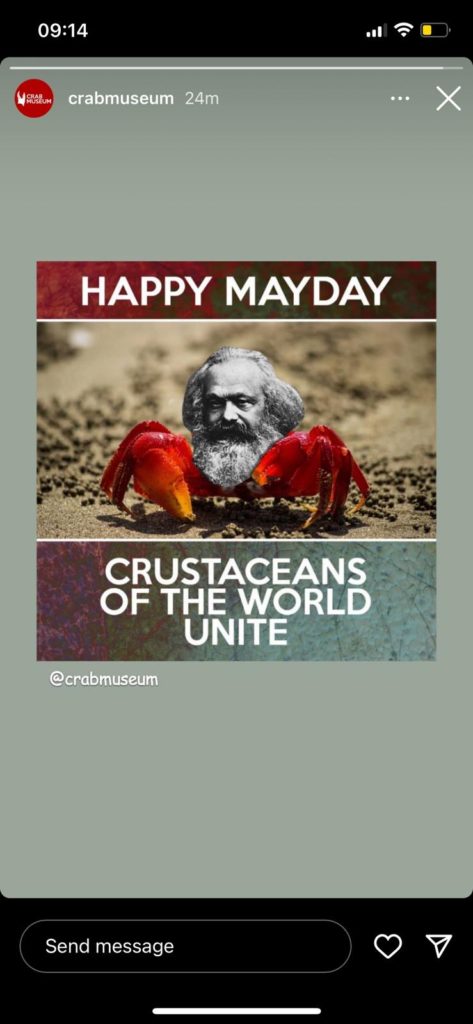
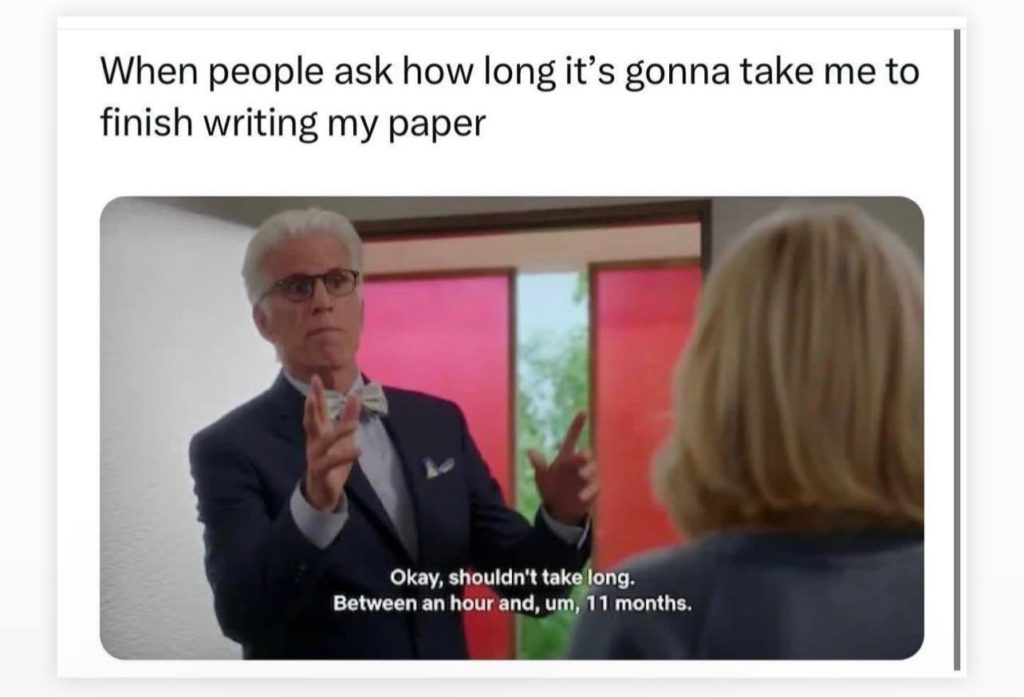

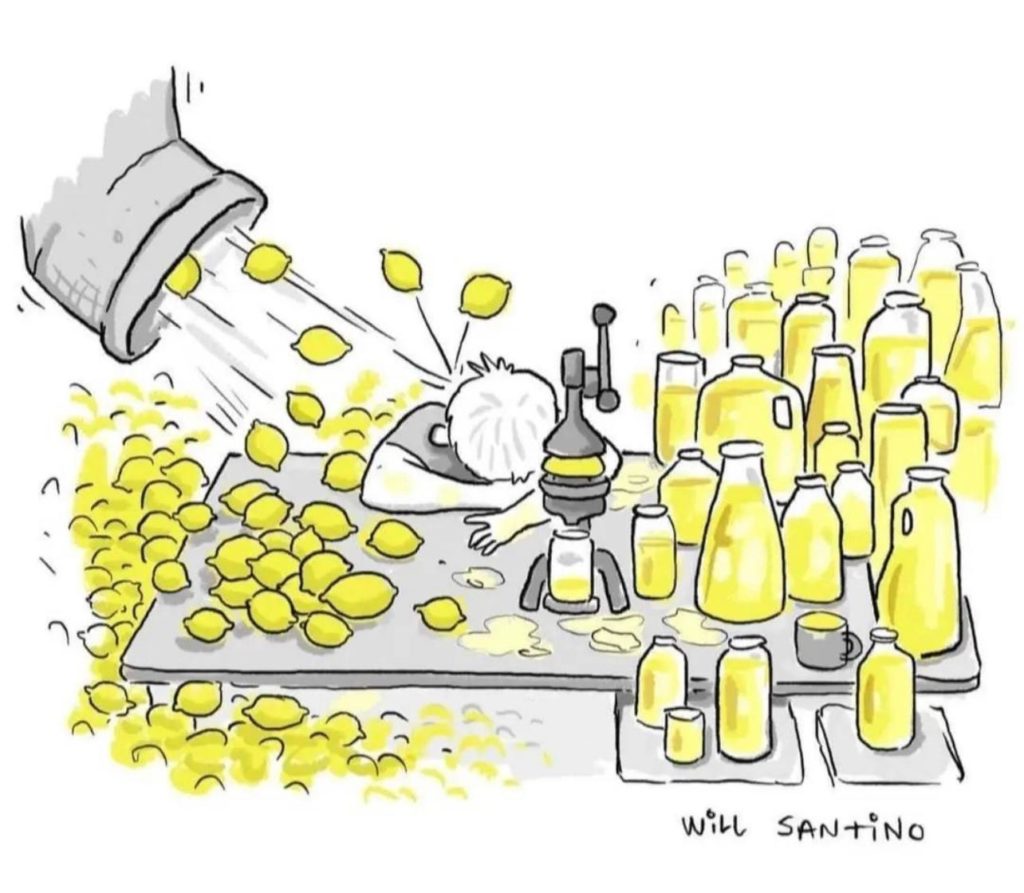
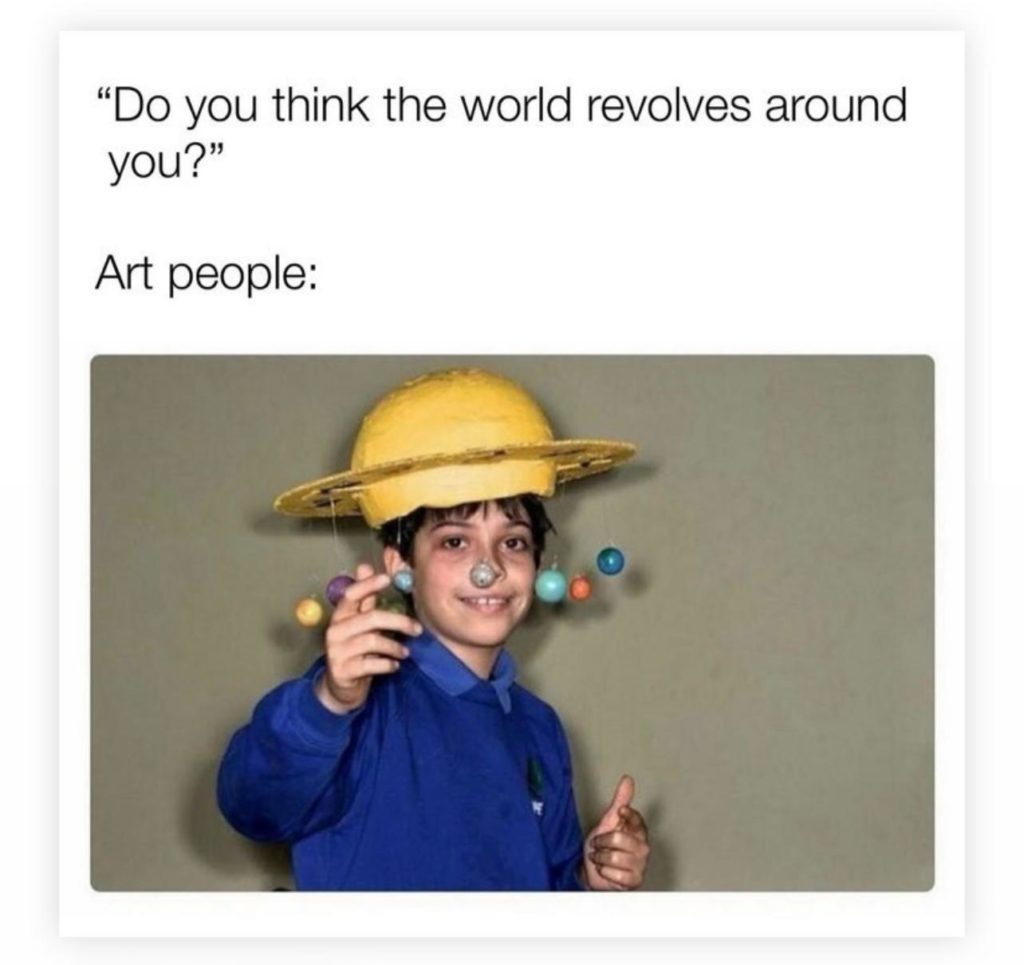
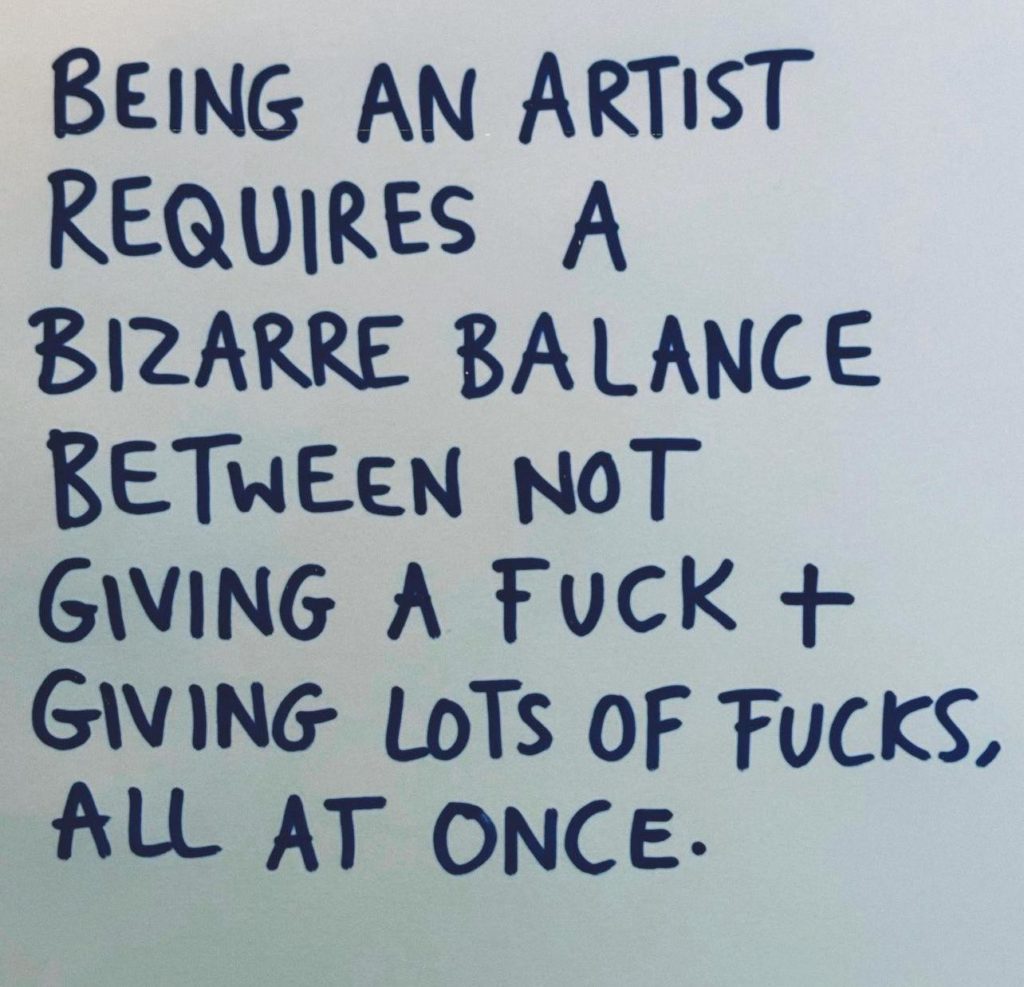

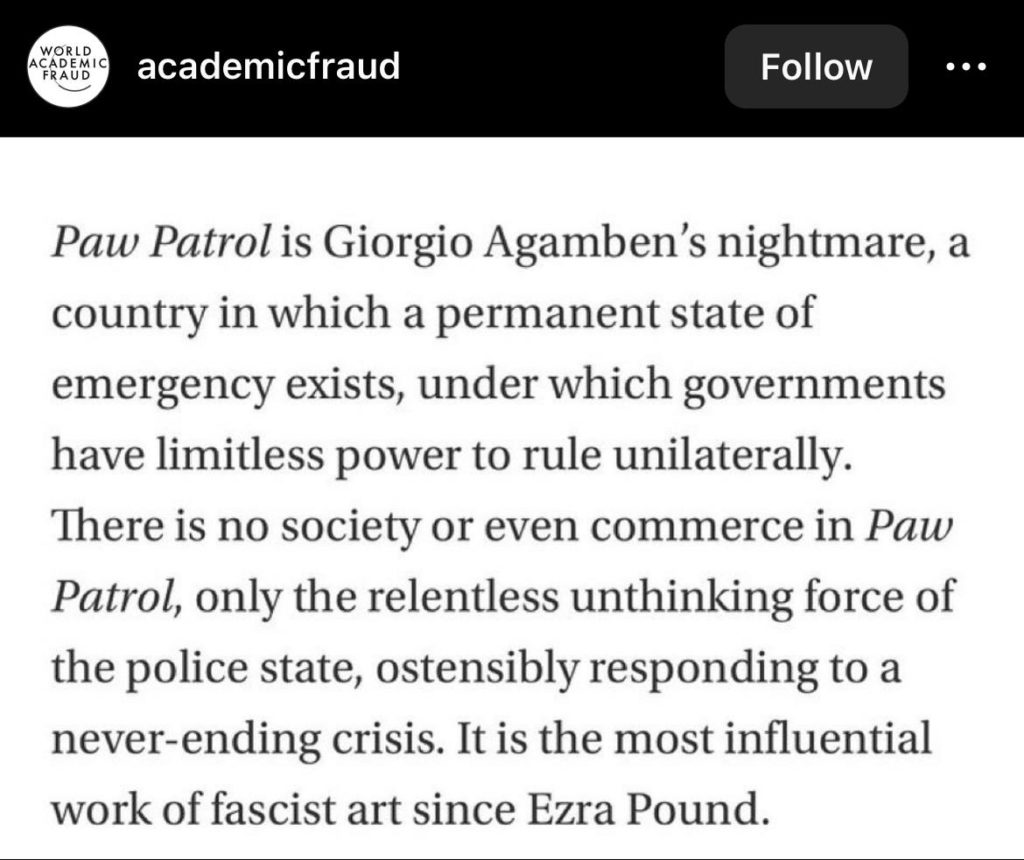

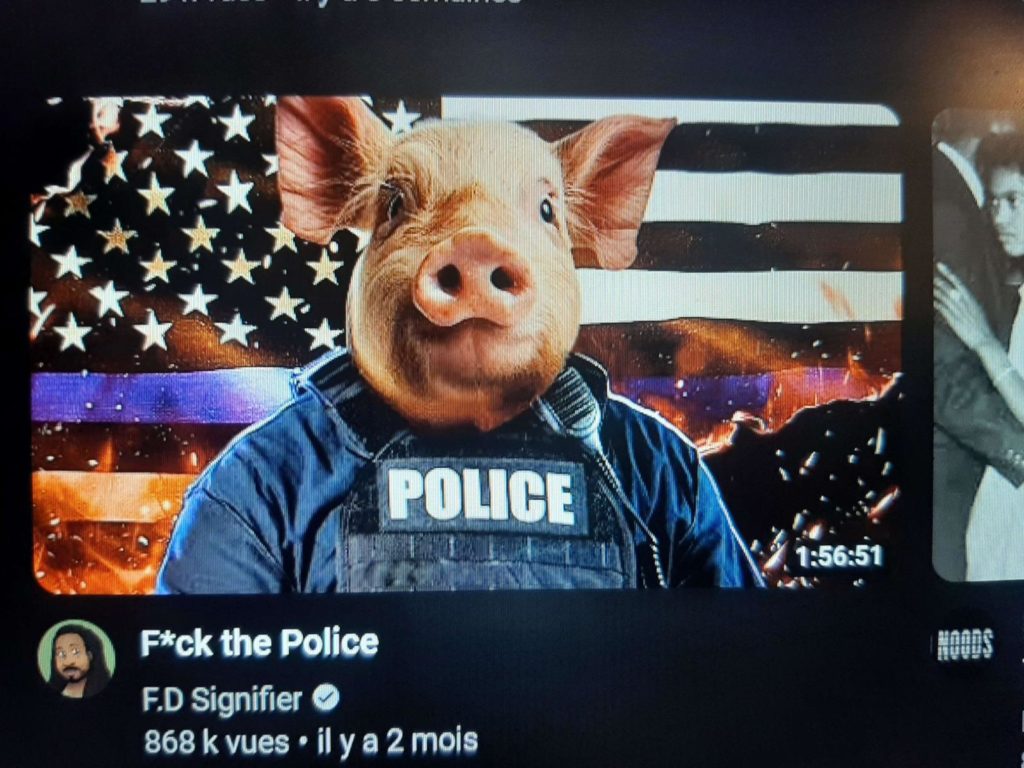
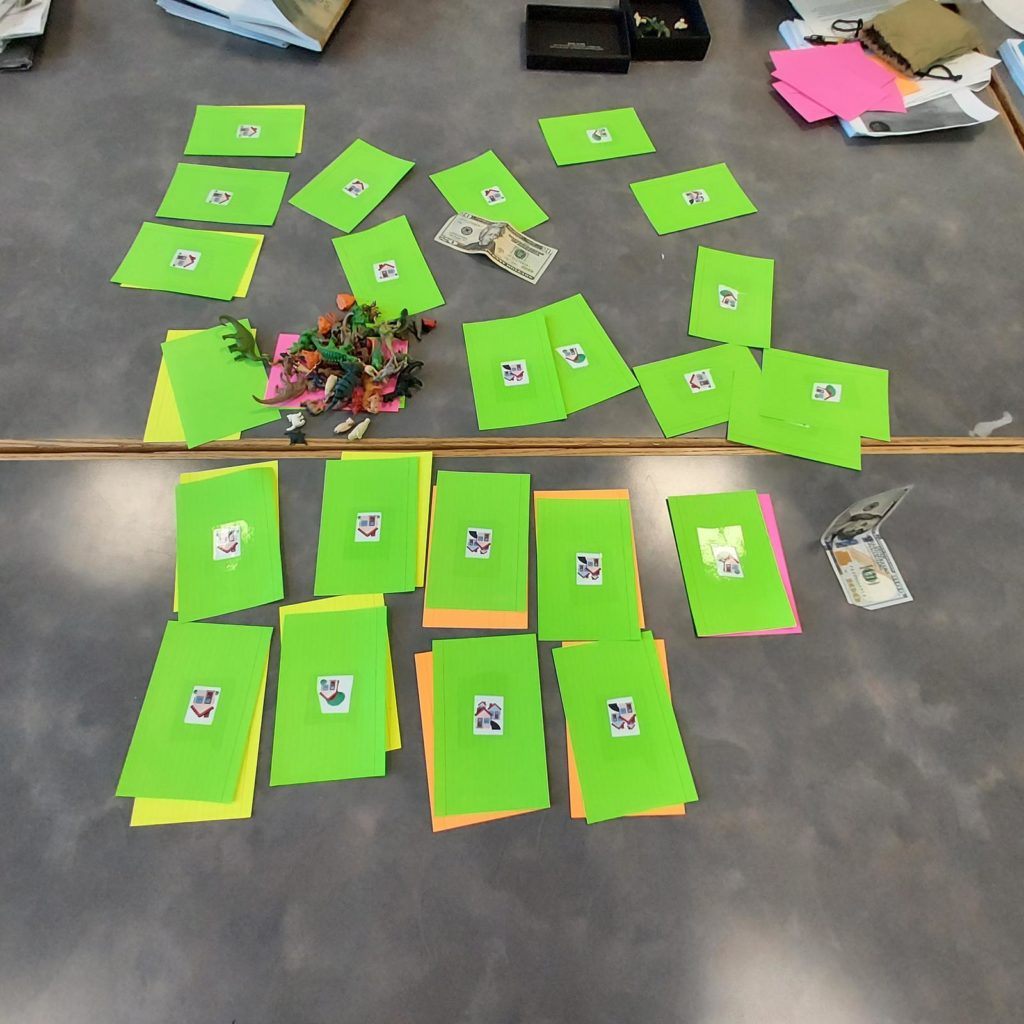

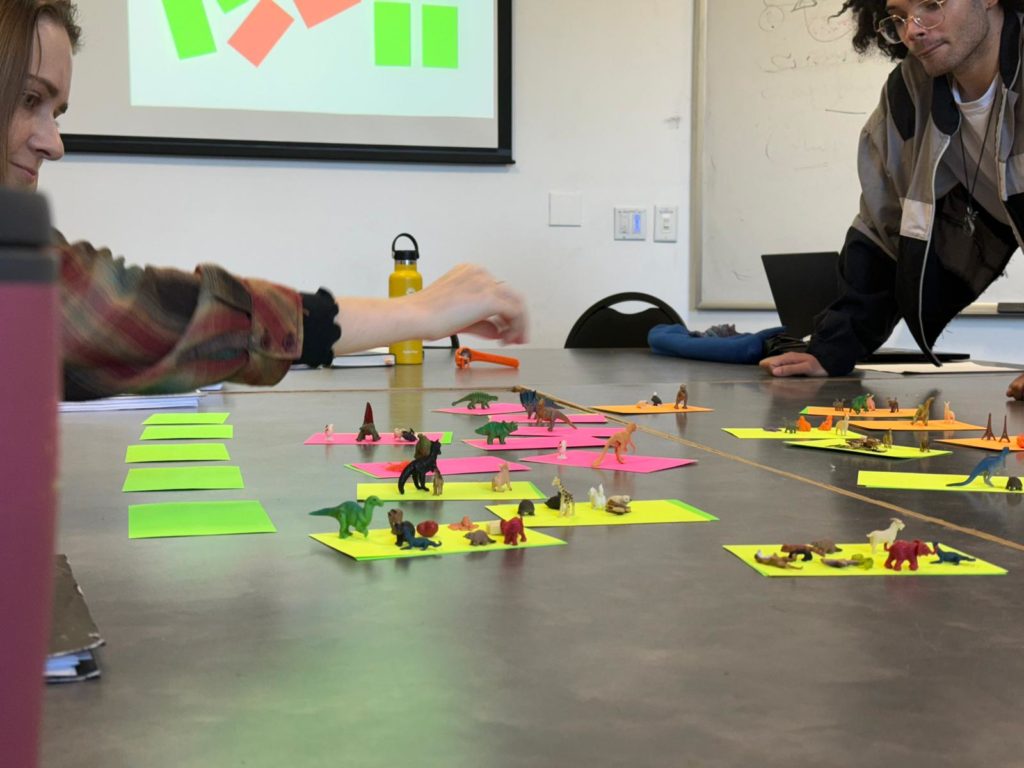
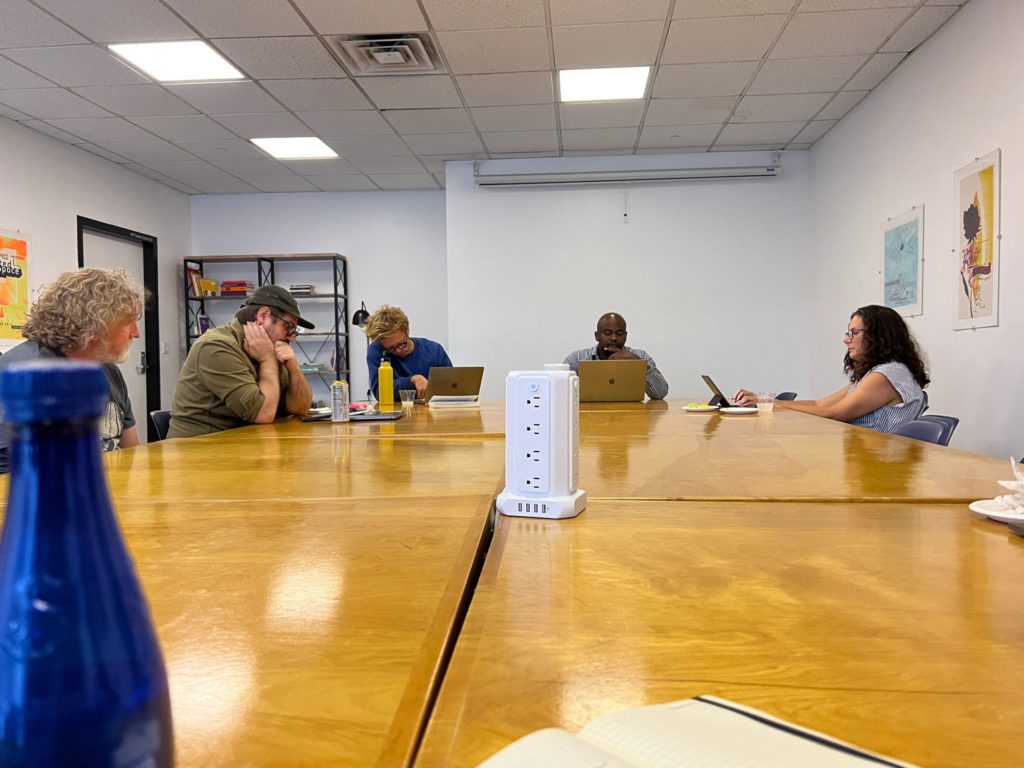
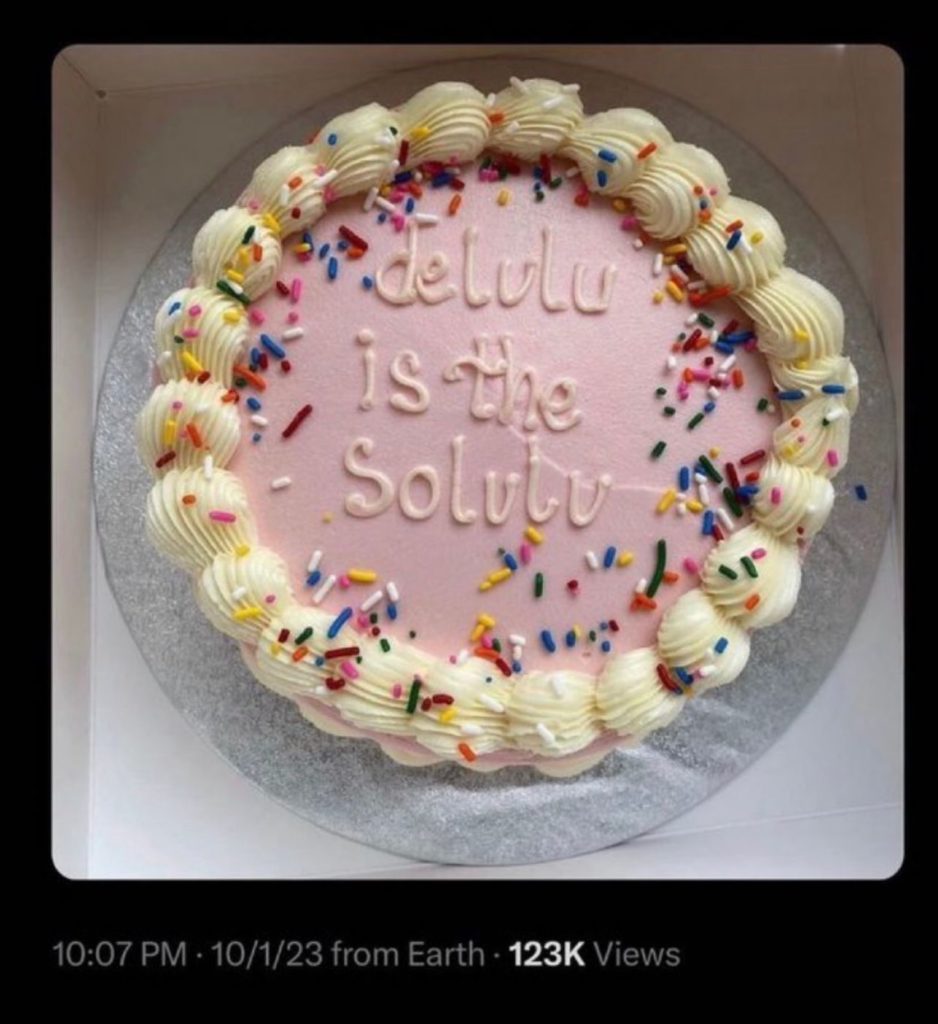
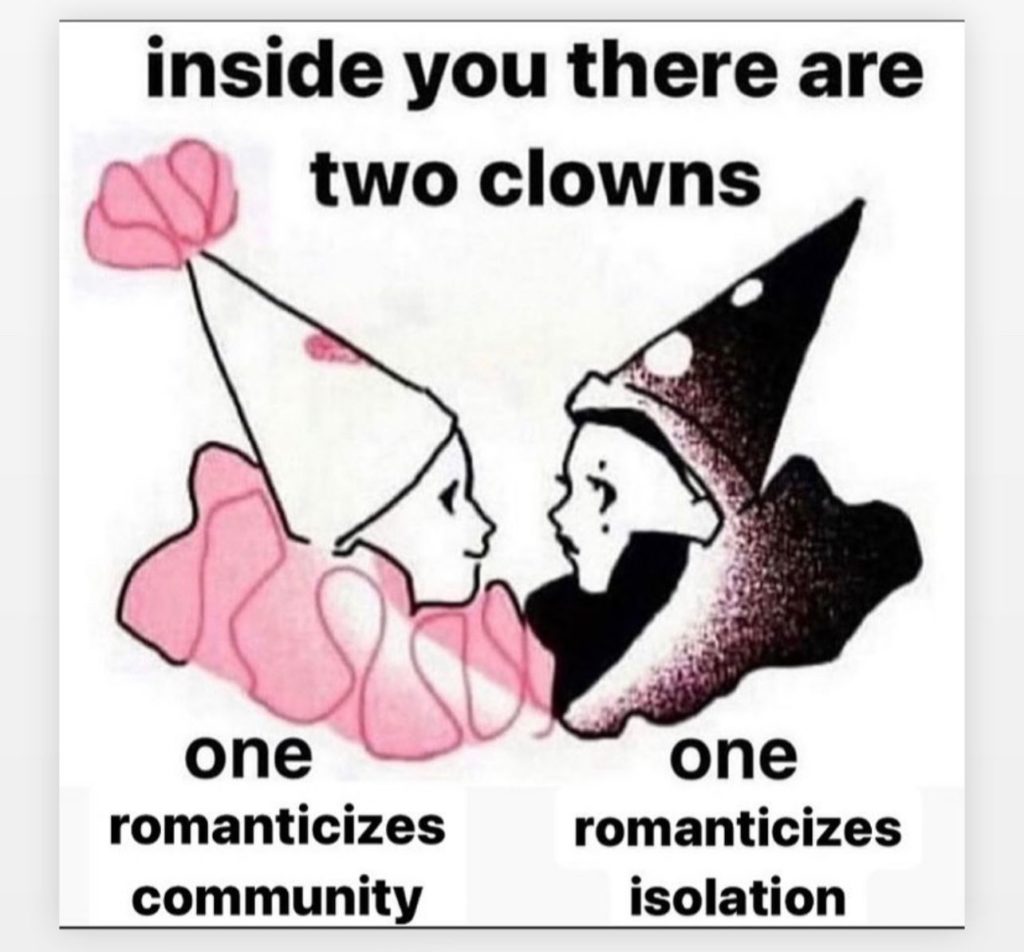
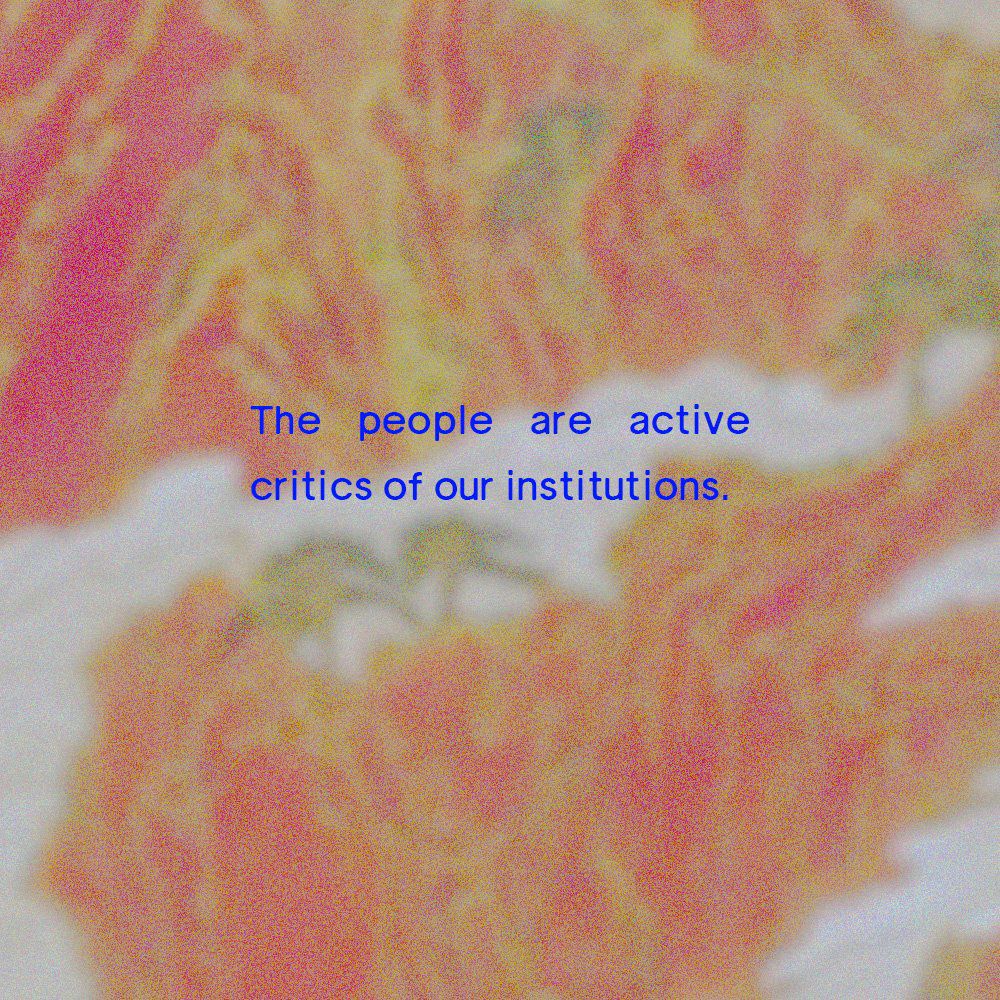
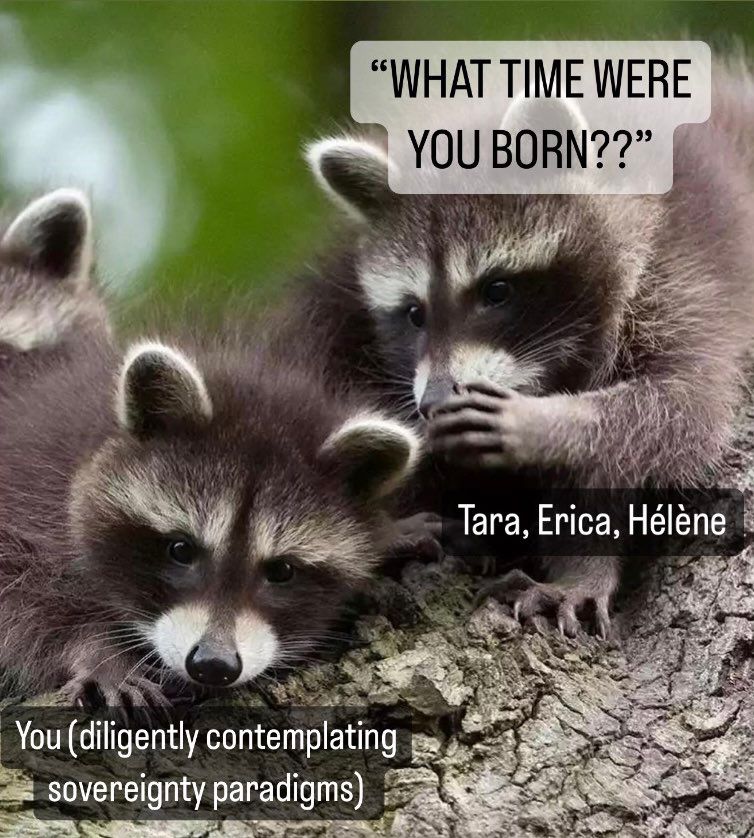
Errant Feminisms: Kara Keeling’s Reading of Two Pop Songs
by Claudia Grigg Edo
On October 26th 2018, Kara Keeling, Associate Professor of Cinema and Media Studies at the University of Chicago will deliver a closed seminar and a public lecture at the West Hollywood Public Library as part of the WHAP series, curated by Sara Mameni on behalf of the Aesthetics & Politics department at California Institute of the Arts. The public lecture, entitled, ‘“I Feel Love”: Race, Gender, Technē, and the (Im)Proper Sonic Habitus,’ will begin at 7:30pm. This post anticipates that talk, responding to ‘ELECTRIC FEEL,’ an essay Keeling published in Cultural Studies journal in 2013.
The essay looks at the possible political effects of a pop song. Specifically: ‘the logics it makes available to a feminism that thinks with its ears.’ This is an obtuse and intimidating proposition to someone like me, who feels like their feminism comes from reading life and books; who panics when asked what music they want to listen to on a date in case the song is received as information; and who empathised with Herr Settembrini in The Magic Mountain when he said that music is politically suspect (because it doesn’t teach new content, it only inflames old content). The logocentrism of Settembrini’s pronouncement has been clear to me for a long time, but it hasn’t changed the way I operate. I listen to music to heighten – or flit between – known moods, or to incite nostalgia. I read books and have conversations in order to change. I am (obviously!) ashamed of this hierarchy I maintain, and received Keeling’s essay as a welcome challenge.
What are these ‘logics’ that pop music can offer feminism? Keeling offers a rewording and elaboration of her aim a few pages later. She states that pop songs ‘offer insightful support for relating concepts to the rapidly changing present circumstances that feminisms might actively participate in shaping.’ This idea of ‘concept production’ is repeated as an aim throughout the essay, but – crucially –the pop songs are not producing concepts alone. They ‘offer support’ to experimental listeners and makers who can put certain pressures on the pop song – recontextualising (‘remixing’) it to animate new meanings and connections.
Keeling calls this experimental recontextualizing ‘errantry’. The word is borrowed from a Martinican philosopher and poet, appropriately named Édouard Glissant. Glissant describes errantry as a mode of relational ontology – whereby one seeks to become many, but without reducing others to a unity:
…one who is errant (which is no longer traveller, discoverer or conqueror) strives to know the totality of the world yet already know he will never accomplish this – and know that is precisely where the threatened beauty of the world resides.
The mode that Glissant conveys is also a mood: an optimistic openness, tempered by an understanding of the dangers and inevitable failure of a will to unity (of the traveller, discoverer or conqueror). It reminds me of Donna Haraway’s ‘irony,’ as expressed in ‘A Cyborg Manifesto’. A playful slippage that understands you cannot merely efface old categories (since to do so would be to efface the history behind them, and the way it has materially accumulated to create specific experiences). But that you can heighten them, put pressure on them, détourné them, draw attention to their made-ness – and thus to the possibility of something else existing in their place: ‘I would rather be a cyborg than a goddess.’
For Keeling this errantry is present in music. She, like Gilles Deleuze and Félix Guattari, finds a defining tension in music between the ‘refrain’ (defined loosely as inherited formal constraints: ‘where music gets bogged down in existing formations’) and the transformational possibilities of sound. It is the latter – which cannot exist without the former – which prompt or induce the mode or mood of errantry. The ‘transformational multiplicities’ of sound (‘when it takes musical forms’) trigger an affective and intellectual playfulness, that encourage us as listeners to make more of the refrain: to decontextualize it and test it against new contexts. It seems that Keeling thinks that feminism in particular can learn from this specific form of errantry.
Keeling is, crucially, not talking about learning from the underlying message or political unconscious of a song – rather about tensions into which it can be brought; tensions which might bring productive connections to light. This is most clear when she discusses ‘Electric Feel’ by MGMT, an indie synth pop track I danced to when I was 15, and which – I’ve gotta say – produced no errant sense of possible meanings in me.
I said ooh girl
Shock me like an electric eel
Baby girl
Turn me on with your electric feel
For Keeling however, the song invokes ‘electricity’ as a ‘dynamic, self-generating capacity carried in bodies and in nature’ – a force rather than a substance, which does not distinguish human bodies from their surroundings. The ‘voltage running through her skin’ can be transferred: ‘[p]ut your circuits in the sea’. Rather than be disturbed by the lyrics’ fetishization of the ‘exotic girl’ in the ‘exotic woods’ (described respectively as ‘the amazon’ and ‘the eastern shore’), Keeling feels that they prompt a message about ‘unequal global distribution of access to reliable sources of energy’ and thus ‘a pressing need to invent sustainable connections and the sources of energy necessary for their maintenance.’
I understand that Keeling is describing a collaborative mode between music and listener. But her analysis of ‘Electric Feel’ seems, to me, a bit like reading these first two lines of an untitled Frank O’Hara poem –
Light clarity avocado salad in the morning
after all the terrible things I do how amazing it is…
– and surmising that it is about the complex and exploitative production chain that goes into making a white male New Yorker associate avocados with ‘light clarity’ and unexpected ease. Of course it allows us to find those chains, to make new connections – but the entitled insouciance of O’Hara’s poem and Electric Feel’s lyrics are part of the respective works’ effects and affects. Surely they can’t just be pasted over.
Keeling’s analysis is closer to my own affective experience when she turns to Eminem’s 2010 song featuring Rihanna, ‘Love the Way You Lie.’ Quoting Hardt and Negri’s lamentation of contemporary thought’s ‘failure to interrogate and develop’ love, she investigates the kind of love presented in the pop song, before moving onto what it isn’t but could be. The context and subtext of the song, which glorifies a turbulent (read: violent) relationship, is of course Rihanna’s assault by her then-partner Chris Brown the year before it was released. Keeling notes how the song feeds off that high-profile abuse, allowing it to contribute murkily to the intense (and intensely profitable) affect.
Keeling describes two deployments of love in reference to the song. The first, ‘static love,’ is generative (as love always is for Keeling) but the generative impulse is short-circuited – it is fed back into an immobile or destructive pattern. This is what Keeling finds depicted in Eminem and Rihanna’s collaboration. The female voice sung by Rihanna insists she enjoys the pain inflicted on her, but – as Keeling states – this reads as a way to ‘assert a limited agency in a desperate situation and to rationalize surviving the relationship.’ Thus, her claim of finding pleasure in pain stands in for consent ‘in a situation in which the very possibility of ‘consent’ is foreclosed by the terms that sustain’ it, i.e. violence.
Keeling is extremely insightful about the creative processes behind the ways that a victim of domestic violence reinscribes their affective investment in the relationship, as though they had a real choice. She sees these creative processes as reminders of the possibility of a less destructive affective investment: ‘revolutionary love.’ This, defined against ‘static love,’ would respond to violence, not by entrenching the current state of affairs, but by seeking to renegotiate the relationship between ‘selves and others,’ and seeking ‘relation and correspondence with/in difference.’ This is a kind of love propelled by errantry, that allows new contexts to build new connections and imperatives.
Keeling uses the difference between ‘static’ and ‘revolutionary’ love to explicate and propose some errant moves within feminism. She draws fruitful connections between political issues that garner unconditional support from feminist groups – such as anti-domestic violence campaigns – and affectively related issues like prison abolition, which also confront ‘the sticky entanglements involving living beings whose historical relationships to each other have been structured in advance by a quotidian violence over extended periods of time.’ This gives us a sense of the kinds of movements, transductions, expansions that she is invested in. Errantry can borrow from pre-existing feminist refrains to create new logics that expand the context of engagement; that expand what is considered relevant to feminism.
I completely agree with the need for these playful and productive errant slippages. She argues convincingly for extending logics from contexts in which they are familiar and well worn, to those from which they are still foreign. But I am still unsure as to the role of ‘Electric Feel’ and ‘Love the Way You Lie’ in these movements. Of course Keeling is in no small part arguing for our creative participation as listeners – our errant relationship to the music, and our transformation of its refrains. However, it still seems to me important to start with the reigning affect of the songs as they stand – before moving to how we must expand from them.
‘I Love the Way You Lie’ isn’t a song about Rihanna’s short-circuiting love. It’s a song about the extremely profitable intensity that relies on that short-circuit. The character voiced by Eminem is automatically more compelling in his assumption of agency – he could fuck everything up (i.e. keep abusing her) and by doing so hurt himself.
It’s so insane ‘cause when it’s going good, it’s going great
I’m Superman, with the wind at his back, she’s Lois Lane
But when it’s bad, it’s awful
I feel so ashamed, I snapped, who’s that dude
I don’t even know his name, I laid hands on her
I’ll never stoop so low again,
I guess I don’t know my own strength…
The destructive ‘flaw’ in Eminem’s character, communicated in his standard machinegun delivery, interrupts and structures Rihanna’s static position. He could lose everything. She already has, and so occupies a far less dramatic position. To be an errant listener of the song, you have to start by imagining that her choice (about how to love and be loved) could be generative (could change things), not only his.
‘Electric Feel’ does equalize human and non-human substance as all similarly seeking vitality, and can thus be considered errant for its decentring of human energy and experience. However, I would argue, this equalizing is a mood that gains its thrill from being a temporary trip. It derives its ultra-sellable intensity from the (white, Wesleyan-educated) male singer’s erotic submissiveness to his affective surroundings prompted by psychedelia and by the hot touch of an attractive (non-Western?) woman. Rather than encouraging or manifesting errantry, I would argue that ‘Electric Feel’ stages a false errantry – the sensuous intermingling it evokes is only exciting because it is far from what we deem the speaker’s usual position to be. He is submitting (to someone/something less powerful than him) for a while, but this doesn’t change anything long term. Like so many pop songs, I receive it as a testament to the temporary (to the traveller, discoverer or conqueror).
I love Keeling’s deployment of ‘errantry,’ just as I loved Haraway’s ‘irony’. To take known knowns and place them in contexts where they are still unfamiliar strikes me as deeply political. To spend time in a non-logocentric space, allow our imaginations to be moved by the ways in which older forms are animated by sound in music – this is sometimes inevitable but can also become a conscious practice, and is one I would like to expand my experience of. In this post, however, it has felt important to analyse the specific starting points for errantry before we jump off them. To understand the ways in which our steps are guided by the affect they deliver. I see ‘Electric Feel’ and ‘Love the Way You Lie’ as points of resistance rather than facilitators of errantry. We may seek to reinscribe, to transform, to get somewhere else. But I think those efforts should be labelled as such; because errantry is fleeting, hard to feel/do and harder to hold in common.
Claudia Grigg Edo is a graduate student in the Aesthetics & Politics program at CalArts
